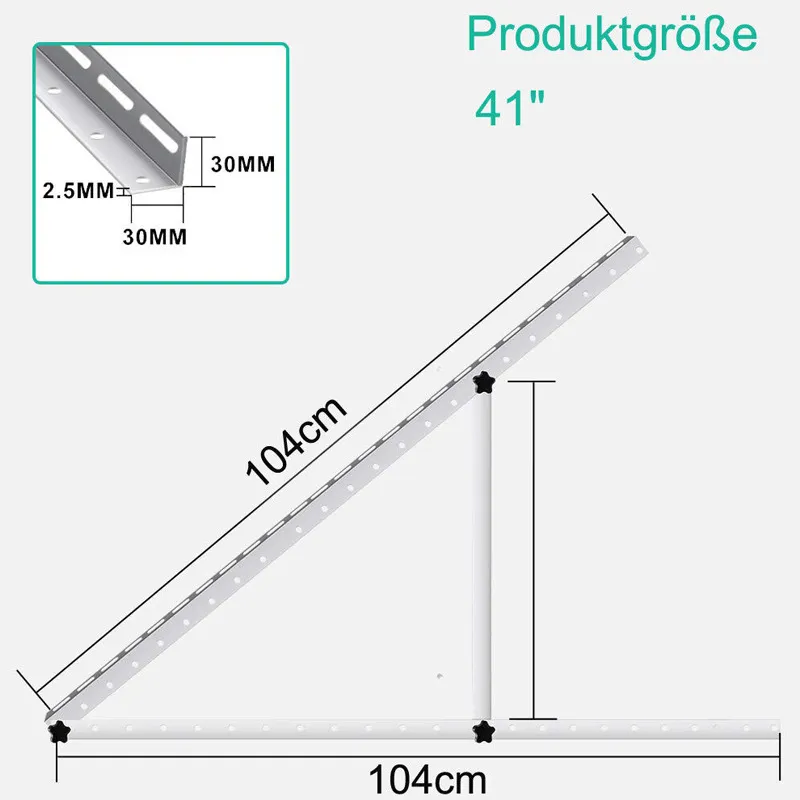

Understanding the Benefits and Uses of Self-Tapping Structural Screws in Construction Projects
Nov . 17, 2024 14:45 Back to list
Understanding the Benefits and Uses of Self-Tapping Structural Screws in Construction Projects
Understanding Self-Tapping Structural Screws
Self-tapping structural screws are an essential component in modern construction and manufacturing, designed to provide strong and efficient fastening solutions. Unlike traditional screws, self-tapping screws can create their own hole as they are driven into materials, which makes them particularly useful for various applications. This article delves into the features, benefits, and applications of self-tapping structural screws.
What Are Self-Tapping Structural Screws?
Self-tapping structural screws are specialized screws engineered to cut their own threads in a material. Made from high-strength materials, these screws are designed to handle rigorous loads and maintain structural integrity under stress. Their ability to tap their own threads simplifies the installation process, eliminating the need for pre-drilled holes in many instances.
These screws come in various sizes and designs, including options with different head styles and thread configurations to suit specific applications. Common materials for manufacturing these screws include carbon steel, stainless steel, and galvanized steel, which enhance their durability and corrosion resistance.
Advantages of Self-Tapping Structural Screws
One of the most significant advantages of self-tapping structural screws is their ease of installation. The ability to create threads on the fly reduces labor costs and installation time, allowing projects to progress more efficiently. Additionally, because they do not require a pilot hole, they can be used in situations where access is limited or where existing holes cannot be used.
self tapping structural screws

Self-tapping screws also provide exceptional holding power. Their specific design and ability to create a tight fit allow them to withstand high shear and tensile loads, making them suitable for heavy-duty applications. This strong grip is crucial in ensuring the stability and longevity of structures, especially in demanding environments.
Moreover, these screws can be used across a wide range of materials, including wood, metal, plastic, and composite materials. This versatility makes them a go-to solution for builders and manufacturers seeking dependable fastening options.
Applications
The applications of self-tapping structural screws are vast, spanning various industries such as construction, automotive, aerospace, and furniture manufacturing. In the construction sector, they are often used for framing, attaching drywall, and securing structural steel components. In the automotive industry, self-tapping screws are used to assemble body panels, ensuring precision and strength in vehicle manufacturing.
Moreover, these screws play a critical role in the assembly of furniture, where quick and reliable fastening is essential. They enable manufacturers to create sturdy products while streamlining the assembly process.
Conclusion
In conclusion, self-tapping structural screws represent a significant advancement in fastening technology, offering unique advantages that cater to a wide array of applications. Their ability to simplify installation, combined with their strength and versatility, makes them indispensable in both construction and manufacturing industries. As technology continues to evolve, the development of self-tapping screws will likely expand, paving the way for even more innovative fastening solutions in the future. Understanding their features and applications is crucial for professionals seeking reliable and efficient fastening methods in their projects.
Latest news
-
Similarities and Differences Between Plain Washer and Spring Washer - Fastener Comparison Guide
NewsJun.10,2025
-
Effortless Installation Self-Drilling Window Screws - Fast, Secure, and Durable Fasteners
NewsJun.10,2025
-
Self Drilling Stucco Screws for Fast, Secure Installation Self Tapping & Self-Tapping Fasteners
NewsJun.10,2025
-
Premium Hot Dipped Galvanized Self Tapping Screws - Durable Corrosion Resistance
NewsJun.09,2025
-
Discover M12 Weld Stud Benefits & Applications Guide
NewsJun.09,2025
-
M25 Stainless Steel Washers High-Durability Fasteners for Corrosion Resistance
NewsJun.09,2025

